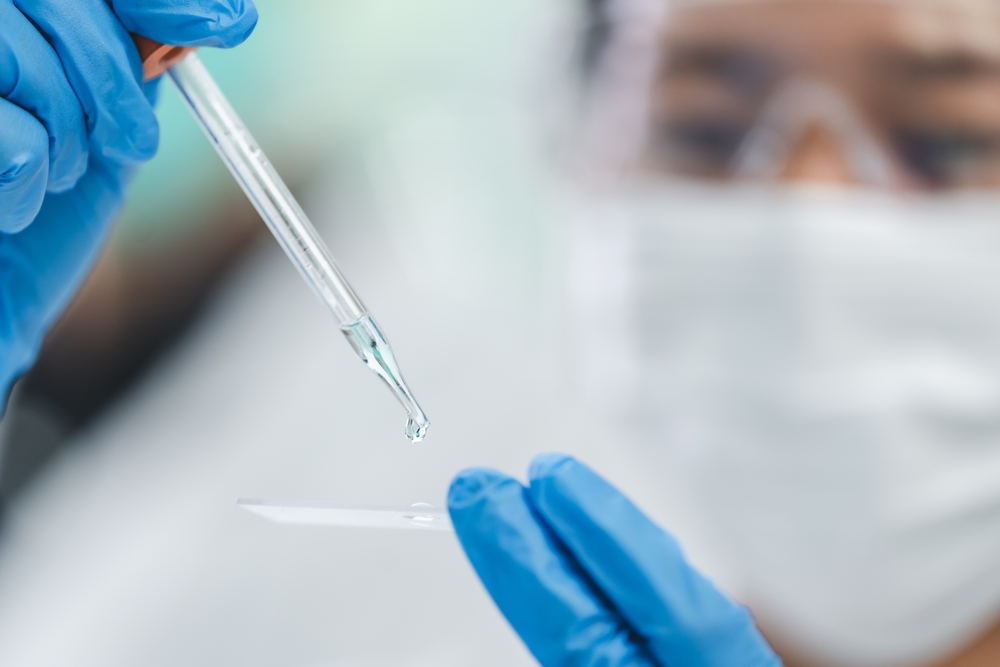This breakthrough offers hope for personalized cancer therapies.
Others are reading now
Cancer remains one of the leading causes of death worldwide, affecting millions of people each year.
According to the World Health Organization, nearly 10 million lives are lost to cancer annually, making it a major public health challenge.
Despite decades of research, finding effective and less harmful treatments continues to be a priority in the global fight against this disease.
In a remarkable development, scientists at the Korean Advanced Institute of Science and Technology (KAIST) have unveiled a groundbreaking technology that could redefine cancer treatment.
Also read
Reprogramming Cancer Cells
Their innovative approach focuses on reprogramming cancer cells to resemble normal cells, offering hope for therapies with fewer side effects and a reduced risk of resistance.
The technology works by restoring the expression of specific genes responsible for cellular differentiation.
These genes, often deactivated or mutated in cancer cells, can be reactivated to make cancer cells behave like normal, healthy cells.
The KAIST team, led by Professor Kwang-Hyun Cho, applied this method to colorectal cancer cells using digital twin models of gene networks.
The researchers identified molecular “switches” that, when triggered, reversed the cancer cells’ behavior.
Laboratory and animal studies confirmed that these cells regained characteristics of normal cells after treatment.
“The fact that cancer cells can be transformed back into normal cells is an astounding discovery,” Professor Cho remarked, emphasizing the revolutionary potential of this method.
This breakthrough offers hope for personalized cancer therapies, according to Digi24.
By analyzing the genetic network of specific cancer types, scientists can tailor treatments that target unique molecular pathways.
Early experiments have shown success with leukemia and breast cancer cells, and the researchers are optimistic about expanding the technology to other cancers.
Published in the journal Advanced Science, the findings creates hope for a promising future in cancer research.
Although clinical applications are still in development, the potential for a safer, more effective alternative to traditional treatments could change the lives of millions.


